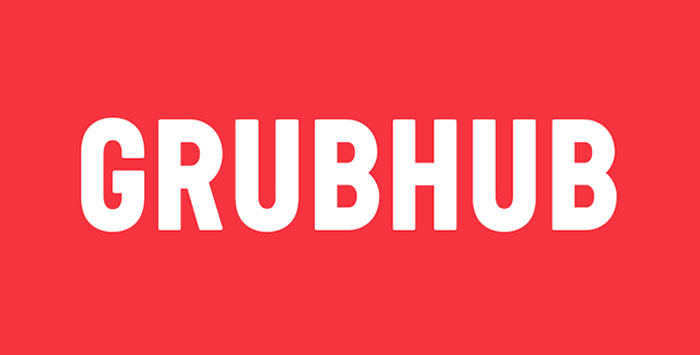Grubhub is under legal fire for listing non-partnered restaurants on its platform, but what will actually come of a newly filed class-action lawsuit is not clear.
The suit, filed by Gibbs Law Group, alleges that Grubhub misused trademarks by placing non-partner restaurants on its platform. The suit’s plaintiffs “seek a judgment (a) finding that Grubhub has violated the Lanham Act by using restaurant names and logos without authorization and in a manner likely to confuse consumers; and (b) ordering that Grubhub cease its unlawful conduct, turn over its ill-gotten gains, and pay damages to the restaurants it has harmed,” read the complaint.
The suit was started with two plaintiffs, Lynn Scott, the owner of Atonia’s restaurant in Hillsborough, North Carolina, and The Farmer’s Wife LLC, a California restaurant company.
It’s not clear if any other plaintiffs have joined in the class action yet, and multiple inquiries to Gibbs Law were not returned.
Partner Steven Tindall told The San Francisco Chronicle the core of the lawsuit was consumer confusion.
“Under the Lanham Act, you’re not allowed to misrepresent to consumers that you have a business relationship with another business when you don’t,” he told the paper. “There’s a negative experience for the customer and sometimes the restaurant only learns of it when they read a Yelp review.”
The decision to add non-partnered restaurants is something we’ve covered before. Grubhub outlined the plan in a previous earnings call and described it further, admitting that it was not an ideal experience for restaurants or the consumer.
“They’re getting a lot less volume that they would as a non-partner restaurant and the experience for the restaurant and the diner is not as good,” said Grubhub President and CFO Adam Dewitt, during an earnings call in February of this year.
Drivers don’t like delivering for non-partnered restaurants much either, according to online forums. They are required to call in the order and pay with a Grubhub card, slowing everything down.
Grubhub’s allowed the company to add about 150,000 restaurants to its platform, greatly extending the total number of restaurants available to its users.
The suit also alleges that Grubhub kept those restaurants on the platform after asking to be delisted. Grubhub declined to comment on the lawsuit.
Where this all goes is murky, and it’s yet another look at how disruptive technology companies have careened into traditional legal frameworks like trademark law. Could Grubhub or other platform companies continue listing non-partnered restaurants without the trademarked logos? Is it actually infringing if a driver places and order and brings it to a customer’s home sans a partnership?
While this suit may amount to a hill of beans, it’s another theme to watch in an industry designed to move fast and break things.


